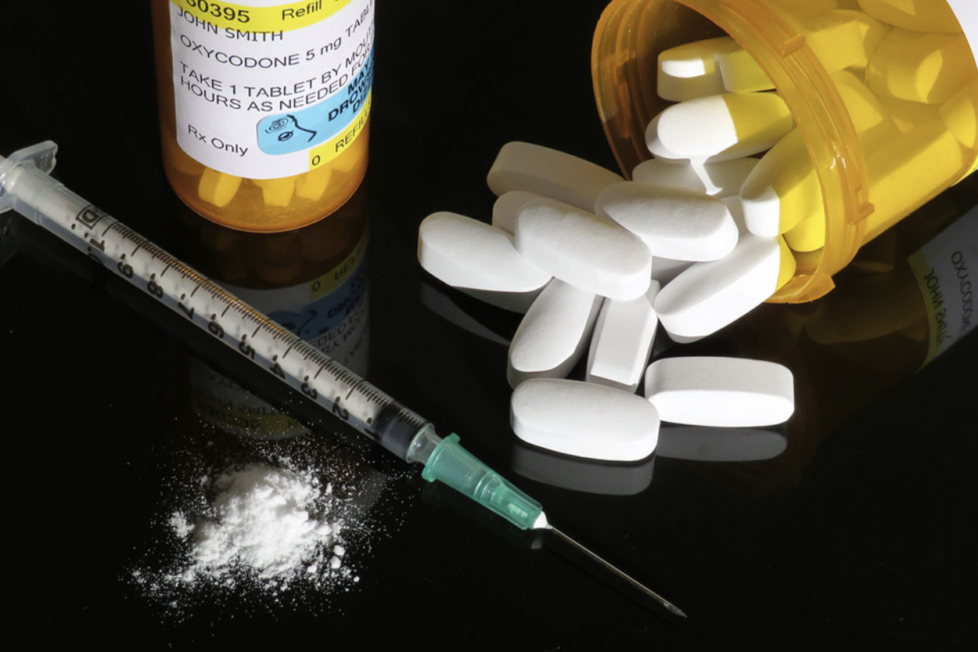Cornyn, Hassan introduce bill to help first responders combat the opioid crisis


U.S. Senators John Cornyn (R-TX) and Maggie Hassan (D-NH) have introduced their Halting the Epidemic of Addiction and Loss (HEAL) Act, which would expand access to new opioid overdose reversal agents in addition to naloxone by updating guidance and grant language from the U.S. Department of Health and Human Services (HHS) and the Substance Abuse and Mental Health Services Administration (SAMHSA):
“The opioid crisis is ravaging communities across the nation, and far too many Texans have lost their lives as a tragic consequence,” said Sen. Cornyn. “This bill would help first responders save more lives by expanding access to new, life-saving overdose reversal medicines, and I urge my colleagues to pass it without delay.”
“As narcotics continue to evolve and become more deadly, we must keep up and expand access to more sophisticated overdose reversal agents,” said Sen. Hassan. “Our bipartisan bill will help increase access to these new reversal agents that will help save more Granite Staters’ lives.”
Companion legislation was introduced in the House of Representatives by Representatives Kelly Armstrong (R-ND) and Paul Tonko (NY-20).
Background:
Nearly 108,000 Americans died from drug overdoses or drug poisonings in the 12-month period ending January 2022, with 67% of those deaths involving synthetic opioids like fentanyl. As the U.S. grapples with the opioid crisis, access to overdose reversal agents like naloxone is essential to preventing overdoses and deaths. Current HHS and SAMHSA guidance and grant language has inadvertently created a monopoly by limiting regulations, guidances, and grants to naloxone, which restricts access to other FDA-approved and potential “next-generation” overdose reversal agents.
The HEAL Act would:
